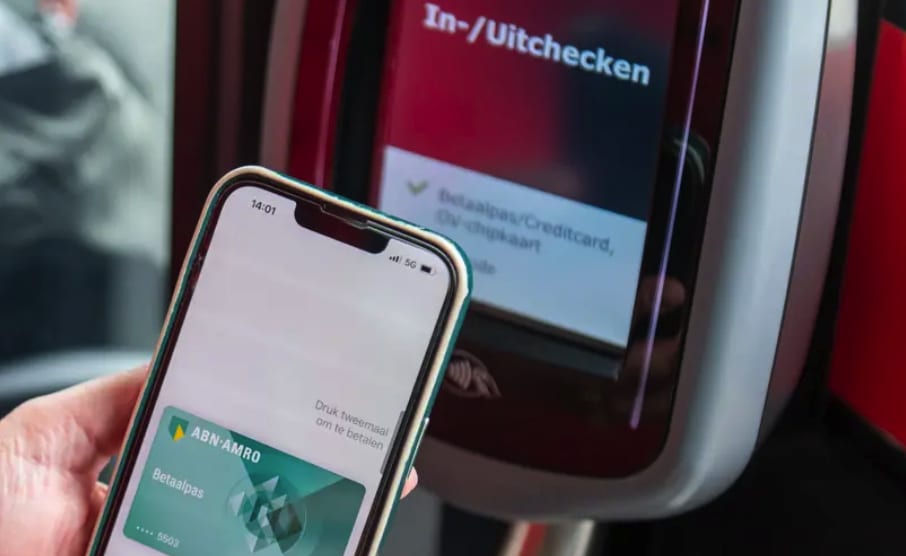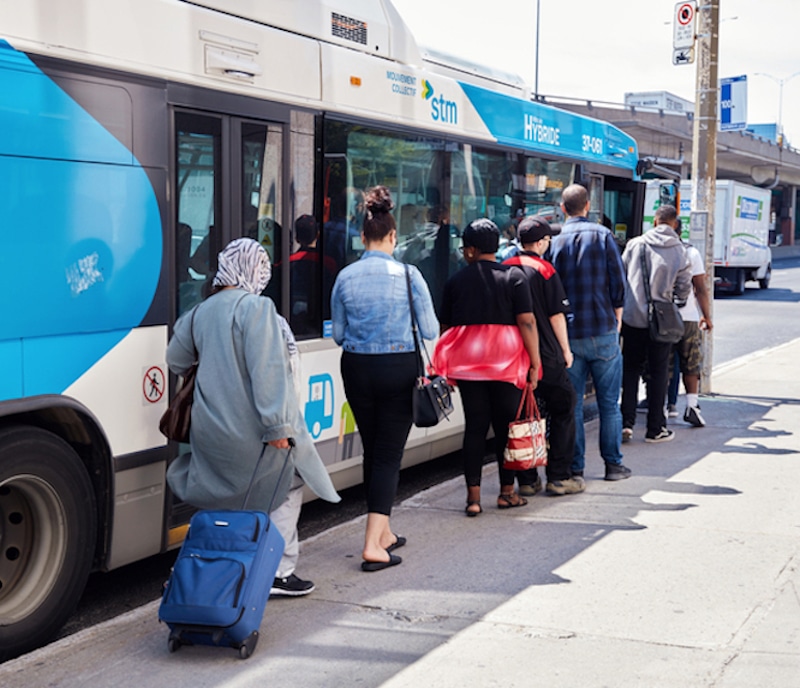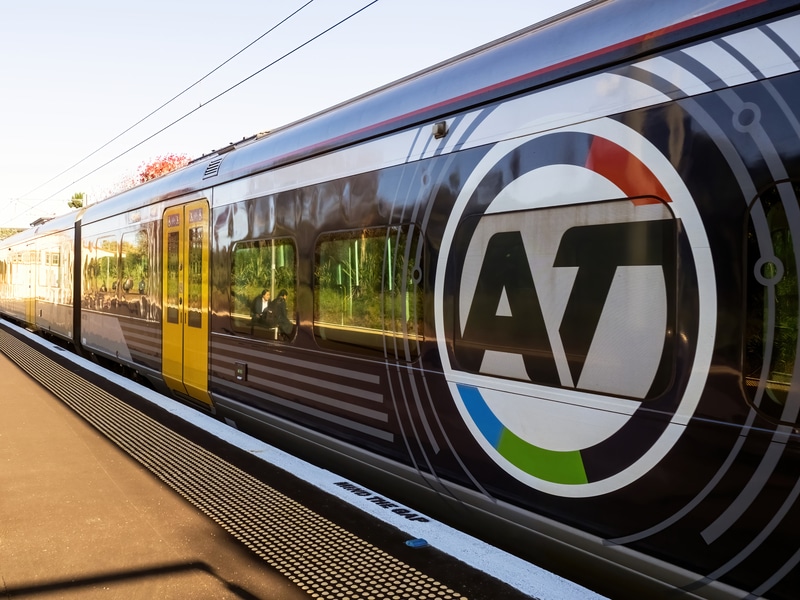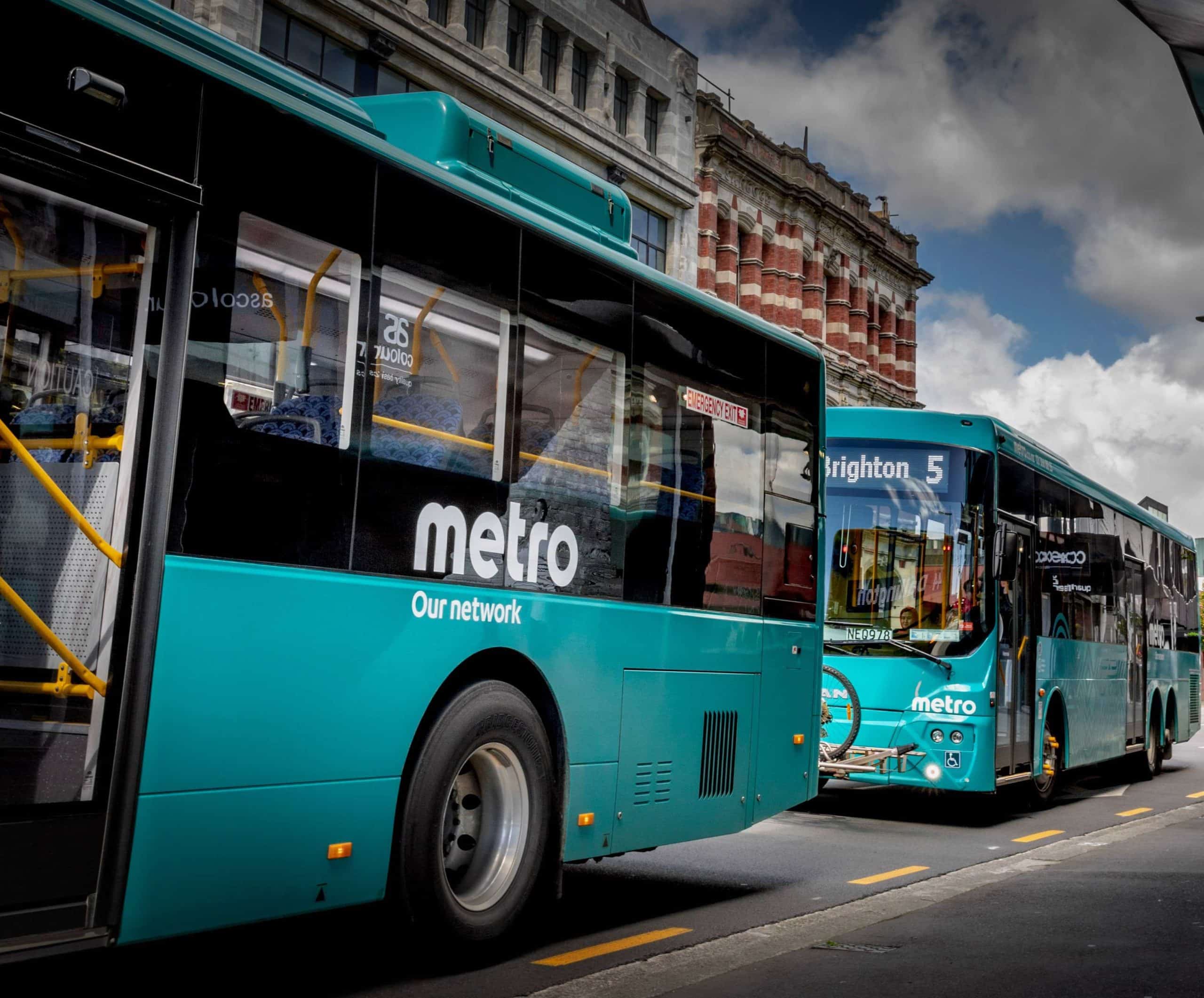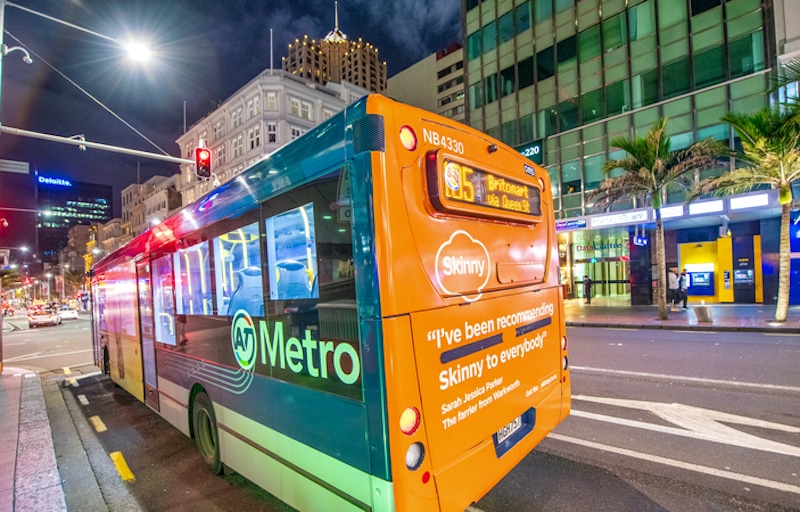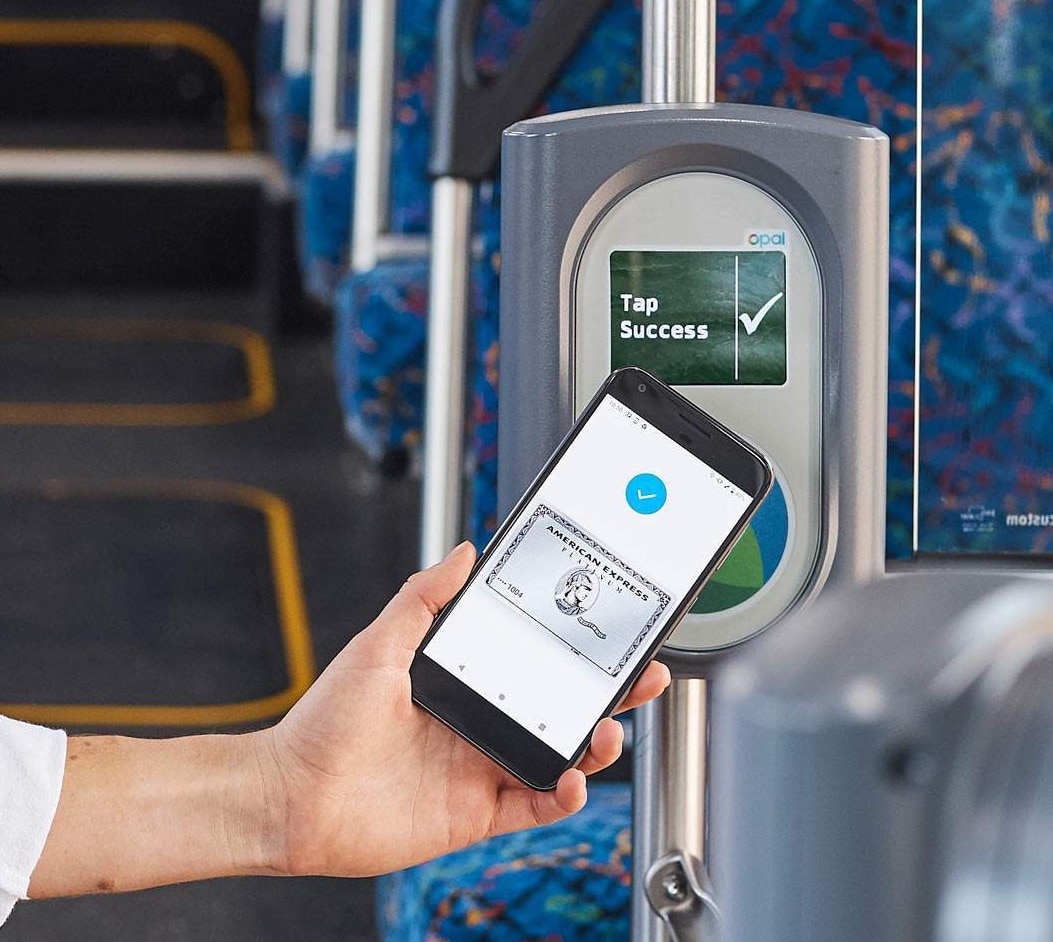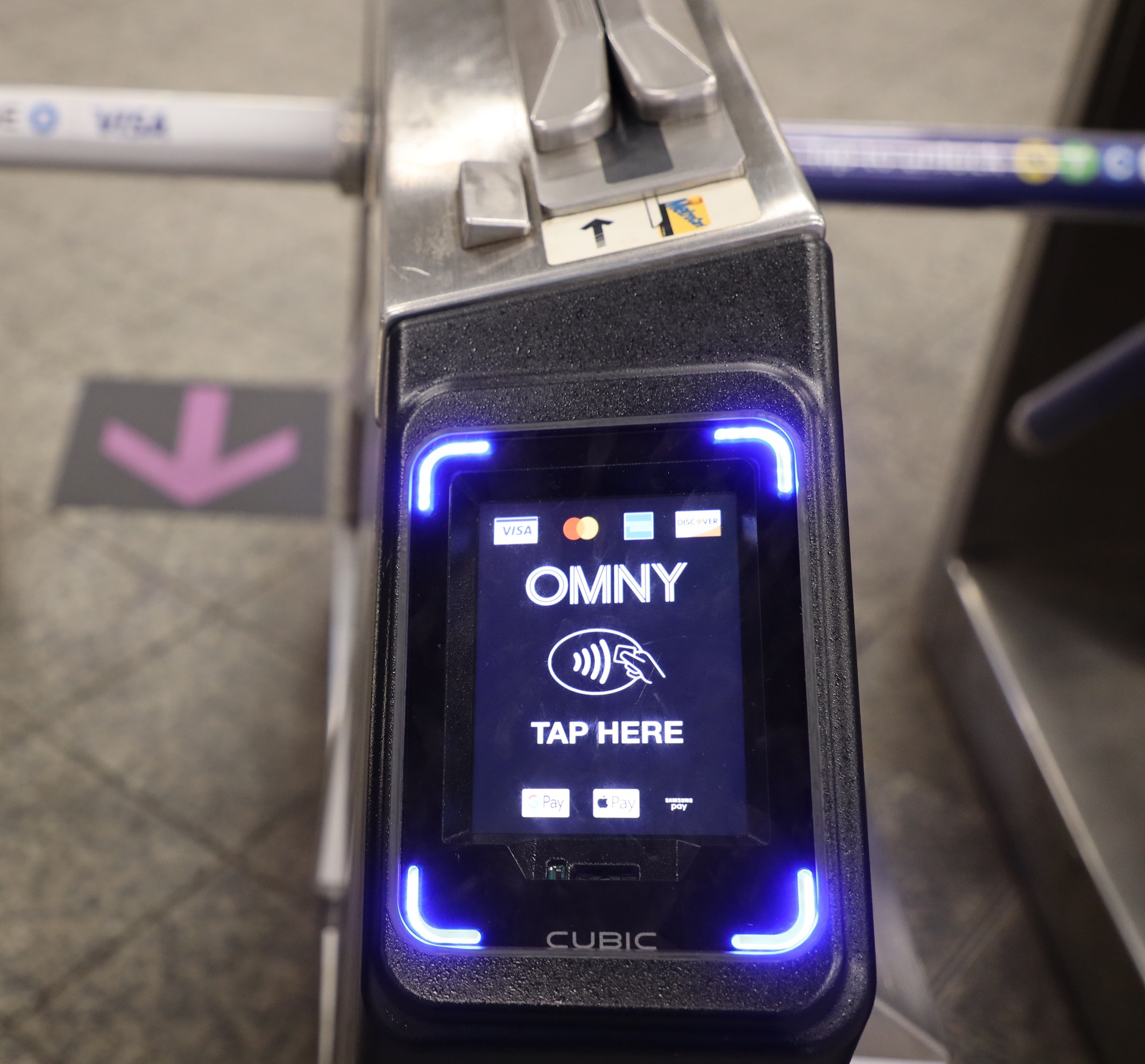
Article Highlights
Peter Torrellas this week officially took over as president of Cubic Transportation Systems, the largest fare-system supplier globally, but one that is facing major challenges in the market. Torrellas replaces Jeffrey Lowinger, who retired after a sometimes bumpy ride at the helm of Cubic’s transportation division.
These departures were in addition to the layoffs of more than 200 employees in the company, as part of a reorganization, which Lowinger oversaw before he left, Mobility Payments has learned.
• Cubic
• TfL (London)
• MTA (New York)
• MARTA (Atlanta)
• MBTA (Boston)
• SEPTA (Philadelphia)
• TfNSW (Sydney)
• Metrolinx (Toronto)
• Conduent
• INIT
Peter Torrellas this week officially took over as president of Cubic Transportation Systems, the largest fare-system supplier globally, but one that is facing major challenges in the market.
Torrellas replaces Jeffrey Lowinger, whose more than three-year tenure as head of Cubic Corp.’s transportation division was marked by the acquisition of the company by private equity, employee










